A new AsyncRAT malware variant has infected 900 victims in MENA via Facebook ads and Telegram links.
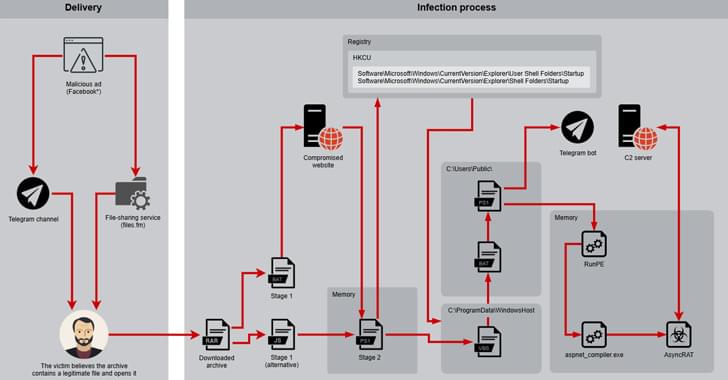

Hackers use polymorphic browser extensions to mimic real add-ons, steal credentials, and hijack accounts. Affects Chrome, Edge, Brave, and more.

The Dark Storm hacktivist group claims to be behind DDoS attacks causing multiple X worldwide outages on Monday, leading the company to enable DDoS protections from Cloudflare.
While X owner Elon Musk did not specifically state that DDoS attacks were behind the outages, he did confirm that it was caused by a “massive cyberattack.”
“There was (still is) a massive cyberattack against X,” Musk posted on X.

The U.S. Federal Trade Commission (FTC) said today that Americans lost a record $12.5 billion to fraud last year, a 25% increase over the previous year.
Consumers reported that investment scams resulted in the highest losses, totaling around $5.7 billion with a median loss of over $9,000 and exceeding all other fraud categories. The second largest reported loss was linked with imposter scams, amounting to $2.95 billion in 2024.
Younger people have also reported losing money to fraud more often than people over 70, as 44% of all reports filed last year came from consumers between 20 and 29.
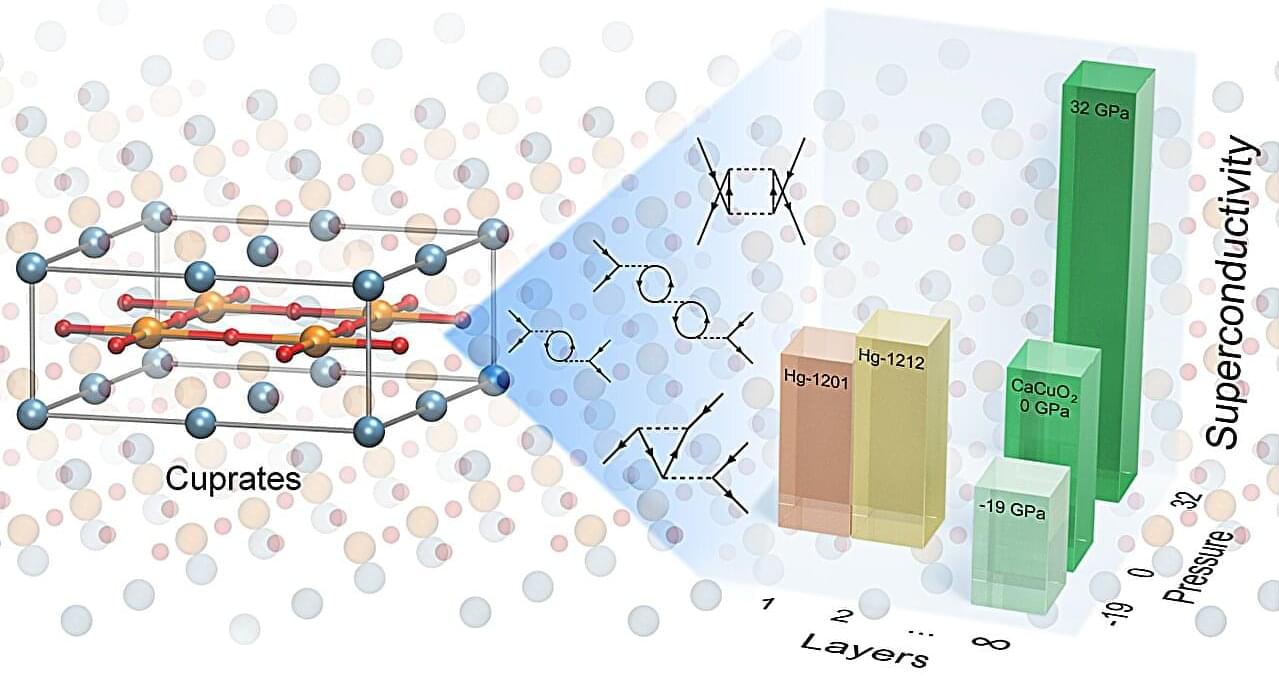
Ever since their discovery almost four decades ago, high-temperature superconductors have fascinated scientists and engineers alike. These materials, primarily cuprates, defy classical understanding because they conduct electricity without resistance at temperatures far higher than traditional superconductors. Yet despite decades of research, we still don’t have a clear, comprehensive microscopic picture of how superconductivity emerges in these complex materials.
During my Ph.D. at Caltech, I was intrigued by the profound puzzle presented by high-temperature superconductors: Can we directly compute their superconducting properties from fundamental quantum mechanics without relying on simplified models or approximations? With this question, I embarked on a challenging but rewarding scientific journey.
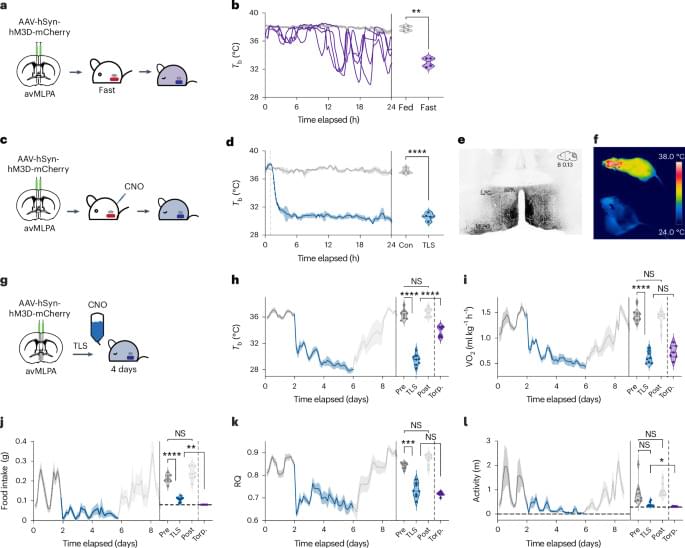
Dissecting the effects of hypothermic and hypometabolic states on aging processes, the authors show that activation of neurons in the preoptic area induces a torpor-like state in mice that slows epigenetic aging and improves healthspan. These pro-longevity effects are mediated by reduced Tb, reinforcing evidence that Tb is a key mediator of aging processes.
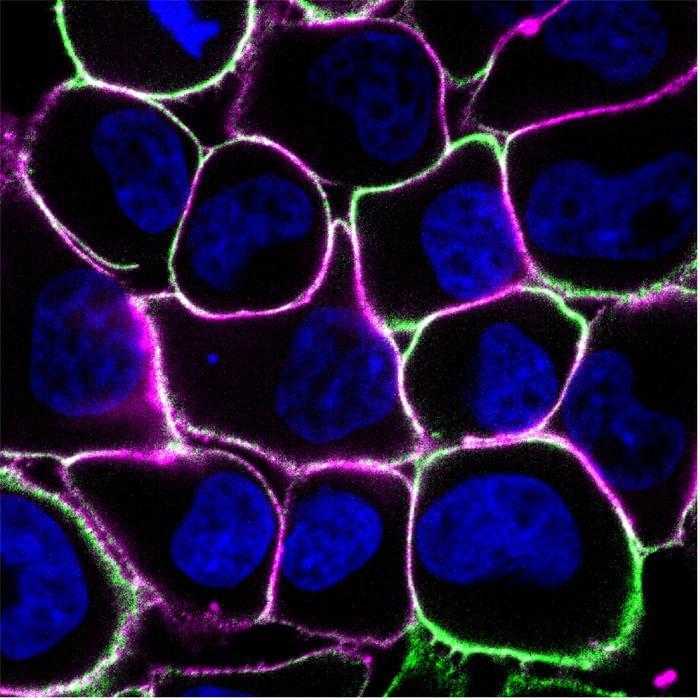
In a new study, funded in part by NIH, a team led by Dr. Carlos Carmona-Fontaine from New York University investigated a peculiar characteristic of cell growth called the Allee effect. In the Allee effect, the viability of a cell population drops below a certain cell density. This suggests the cells are somehow cooperating to survive. The study appeared on February 19, 2025, in Nature.
To look at whether cancer cells exhibit an Allee effect, the researchers grew several types of cancer cells with various restricted nutrients. They found that depriving the cells of an amino acid that the cells need to grow appeared to create an Allee effect. Only higher-density cell populations survived under these conditions. This indicated that a cooperative survival strategy had kicked in.
The team then further explored how cancer cells might be cooperating to survive in low-amino acid environments. Chains of amino acids called oligopeptides can be broken down by cells into individual amino acids. The scientists found that cancer cells released substances into their immediate environment that broke nearby oligopeptides down. Because this occurred outside the cancer cells, any cell in the immediate vicinity could use the resulting free amino acids.

Researchers developed a stable form of carnosic acid, a compound found in rosemary and sage. The compound showed promise for improving learning and memory and reducing signs of Alzheimer’s disease in mouse models. The corresponding study was published in Antioxidants. The researchers hope to test the compound in human trials.
Carnosic acid has both antioxidant and anti-inflammatory properties. While pure carnosic acid is too unstable for medical use, the new compound developed by scientists from Scripps Research fully converts to carnosic acid in the gut before absorption into the bloodstream. They called the compound ‘diAcCA’
As a part of the study, the researchers tested the compound’s efficacy in mouse models for three months. Ultimately, the compound improved learning and memory, and reduced markers of inflammation, formation of amyloid plaques, and phosphorylated tau aggregates.

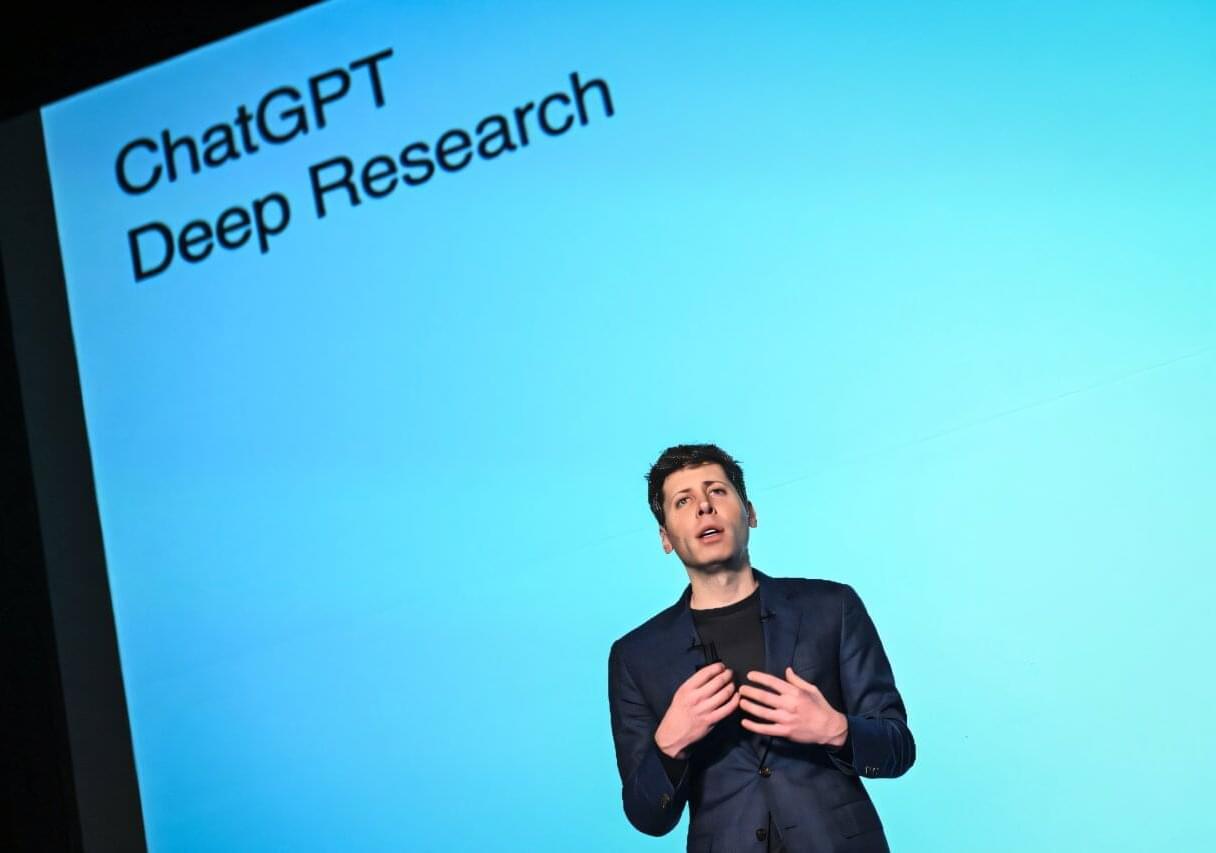
US tech giant OpenAI on Monday unveiled a ChatGPT tool called “deep research” that can produce detailed reports, as China’s DeepSeek chatbot heats up competition in the artificial intelligence field.
The company made the announcement in Tokyo, where OpenAI chief Sam Altman also trumpeted a new joint venture with tech investor SoftBank Group to offer advanced artificial intelligence services to businesses.
AI newcomer DeepSeek has sent Silicon Valley into a frenzy, with some calling its high performance and supposed low cost a wake-up call for US developers.